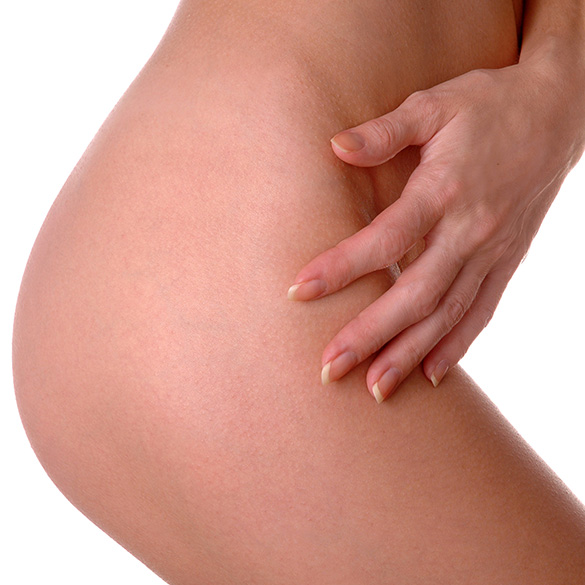Vaginal Infections & STD Treatments in London
What is Vaginitis?
 The term Vaginitis refers to the inflammation of the vagina. It is usually a result of the disruption of the normal balance of vaginal bacteria, but it may also be caused by an infection or due to a decrease in estrogen production after menopause. Vaginitis is usually manifested by the presence of itching and increased fluids in the vagina, which sometimes have an unpleasant odor. Vaginal disorders are currently the most common health problem faced by women and they are the most common reason for a woman to visit her gynecologist.
The term Vaginitis refers to the inflammation of the vagina. It is usually a result of the disruption of the normal balance of vaginal bacteria, but it may also be caused by an infection or due to a decrease in estrogen production after menopause. Vaginitis is usually manifested by the presence of itching and increased fluids in the vagina, which sometimes have an unpleasant odor. Vaginal disorders are currently the most common health problem faced by women and they are the most common reason for a woman to visit her gynecologist.
Conditions
What are the most common types of Vaginitis?
The most common types of vaginitis are:
What are the symptoms of Vaginitis?
The most common symptoms of Vaginitis are:
How are vaginal infections treated?
Vaginitis, although at first glance seems to be a simple thing, can be one of the most difficult to address gynecological problems. This is due to the distinctiveness of the physiology of the vagina and the complexity of the fine balances on which the proper functioning rests. Treatment entails taking a combination of oral antibiotics and vaginal suppositories or creams. However, even after the treatment, Vaginitis can recur due to resilience being formed, or reinfection happening.
What is Mycosis or Yeast Infection?
Within the vaginal fluids, there are microbes that protect women from infections (Lactobacillus). Apart from these microbes, there are others, but they are at a very small percentage. There are fungi in places whose percentage does not exceed 2%. In special cases (antibiotics, vaginal washes, etc.) where Lactobacillus are being destroyed, fungi develop and the most common is Candida albicans. More than 80% of women have experienced a fungal infection. Mycosis is a very common vaginal infection and it is not considered a sexually transmitted disease.
What are the causes of Mycosis?
Mycosis is an opportunistic infection and is related to factors that cause it, such as:
What are the symptoms of Mycosis?
Mycosis causes intense itching in the vaginal area. It also exhibits an increased amount of white vaginal fluids which have a cheesy texture. These liquids are odorless and thick. Finally, another symptom of Mycosis is pain during urination and sexual intercourse.
How is Mycosis cured?
There are treatments that last a day and treatments that last 3-7 days. Chronic Mycosis usually needs treatment with pills, which lasts longer. We should never self-diagnose and treat because there is the risk of error or coexistence of the Mycosis with another infection. Additionally, drugs exist that can mitigate the symptoms without curing the infection.
What is Chlamydia?
Chlamydia infection, often simply known as chlamydia, is a sexually transmitted disease caused by the bacterium Chlamydia Trachomatis. It is one of the most common infections and is affecting 4,2% of women and 2,7% of men worldwide.
What are the symptoms of Chlamydia infection?
Most people who are infected have no symptoms. When symptoms do develop this can take a few weeks following infection to occur.
Symptoms in women are:
Symptoms in men are:
How does Chlamydia get Transmitted?
How do we diagnose Chlamydia?
By a screening test which is recommended:
Testing can be done on the urine or a swab of the cervix, vagina or urethra, rectal or mouth. Swabs are required to diagnose infections in those areas.
Prevention of Chlamydia?
Treatment of Chlamydia?
Chlamydia can be cured by antibiotics and you need to visit your doctor for diagnosis & treatment. Both partners must be treated.


